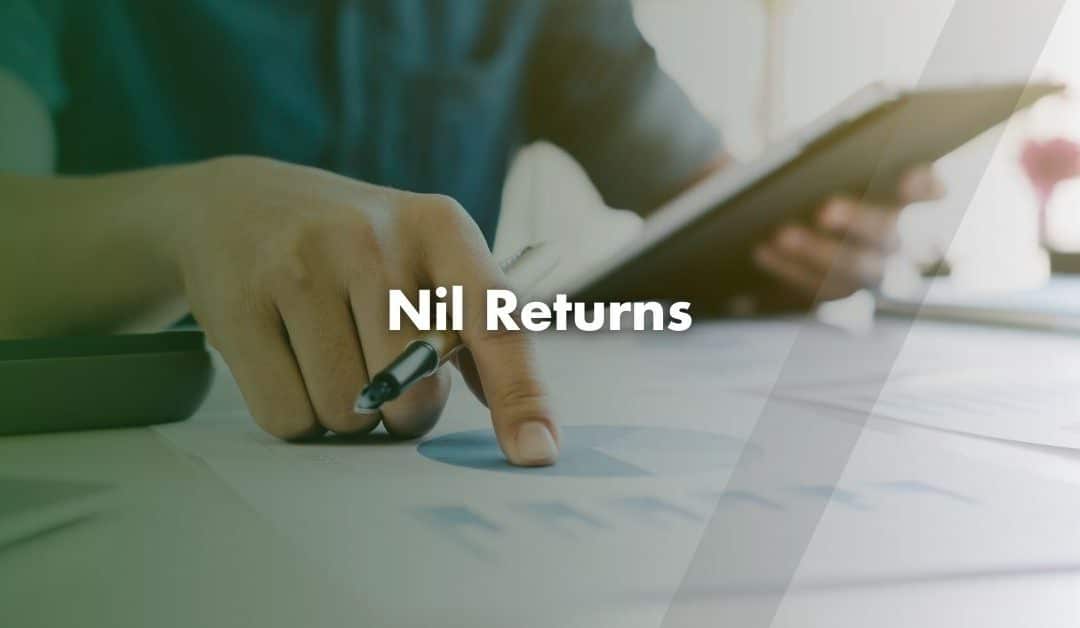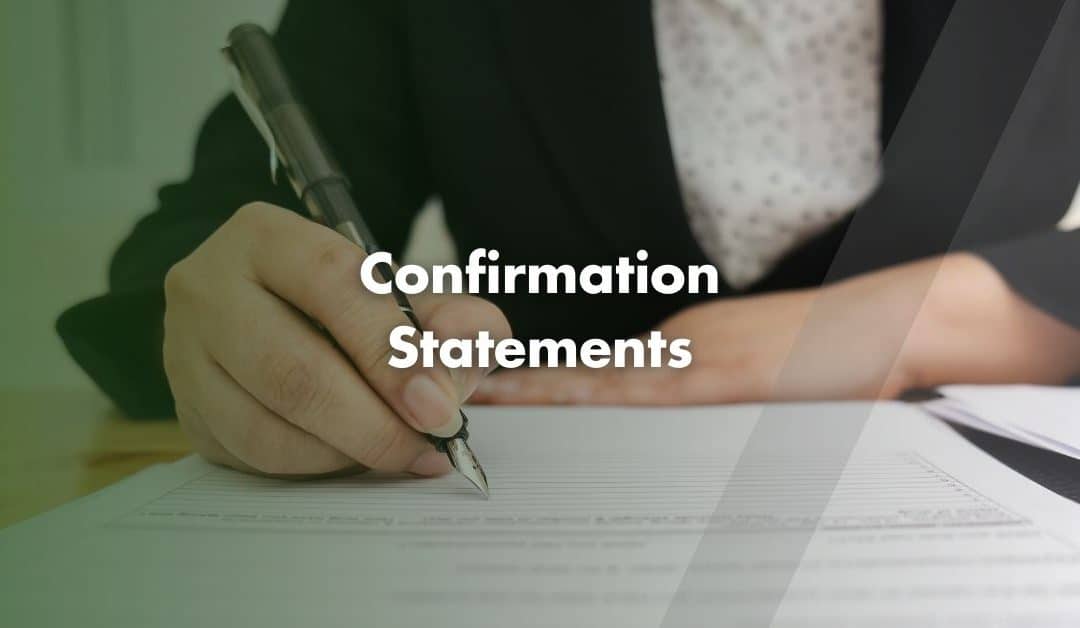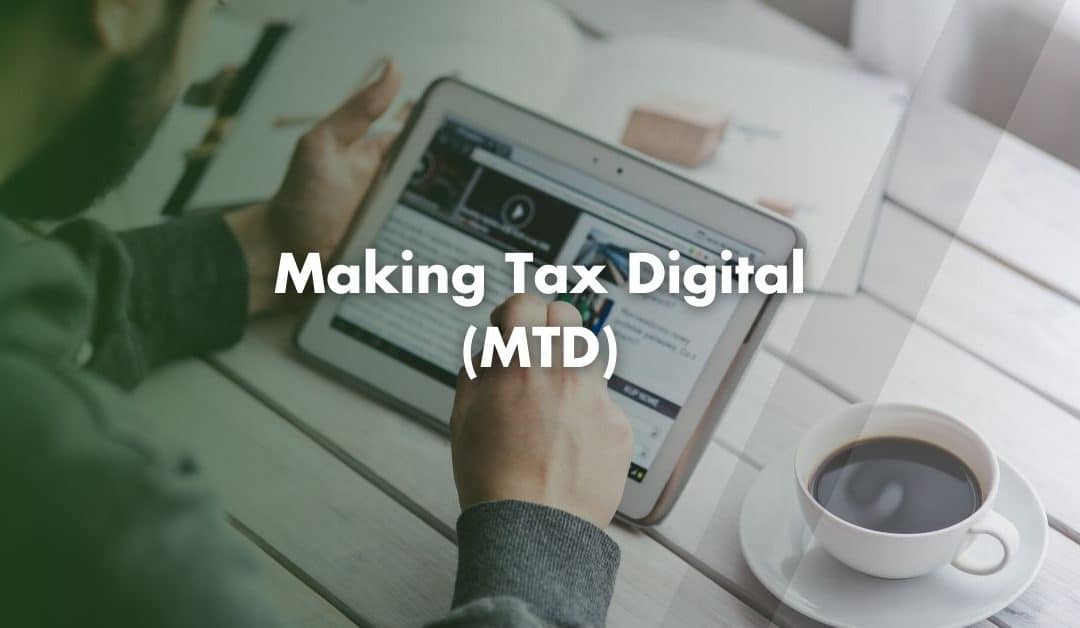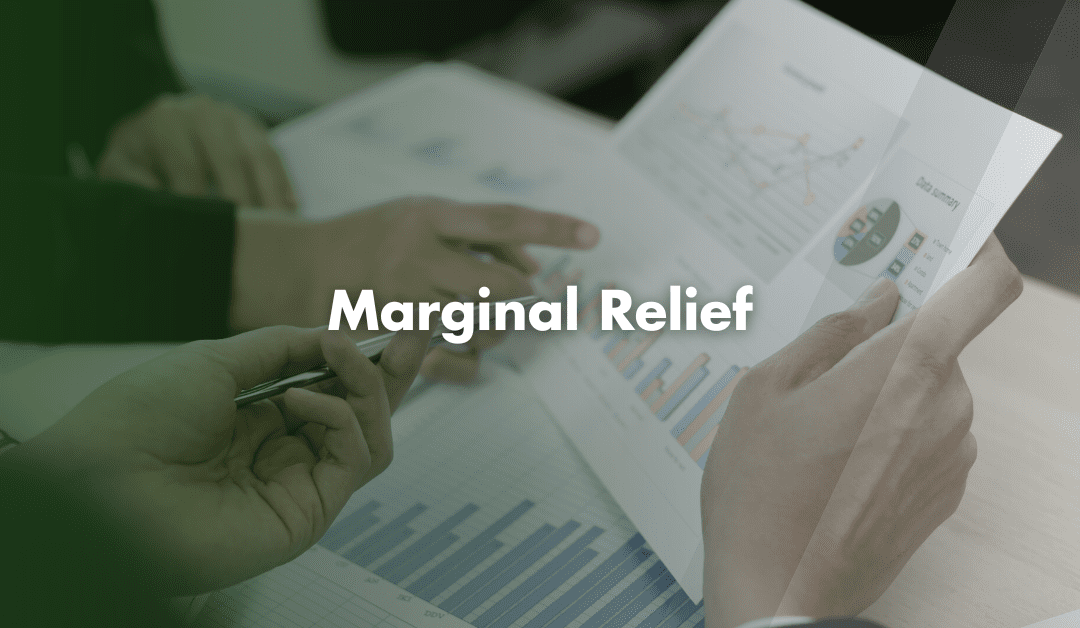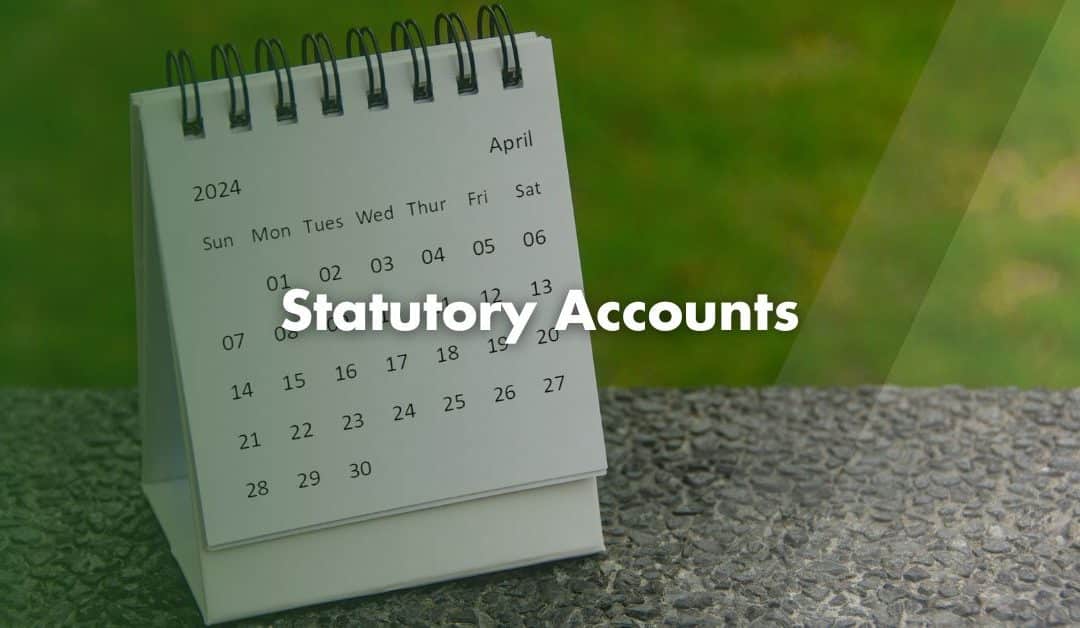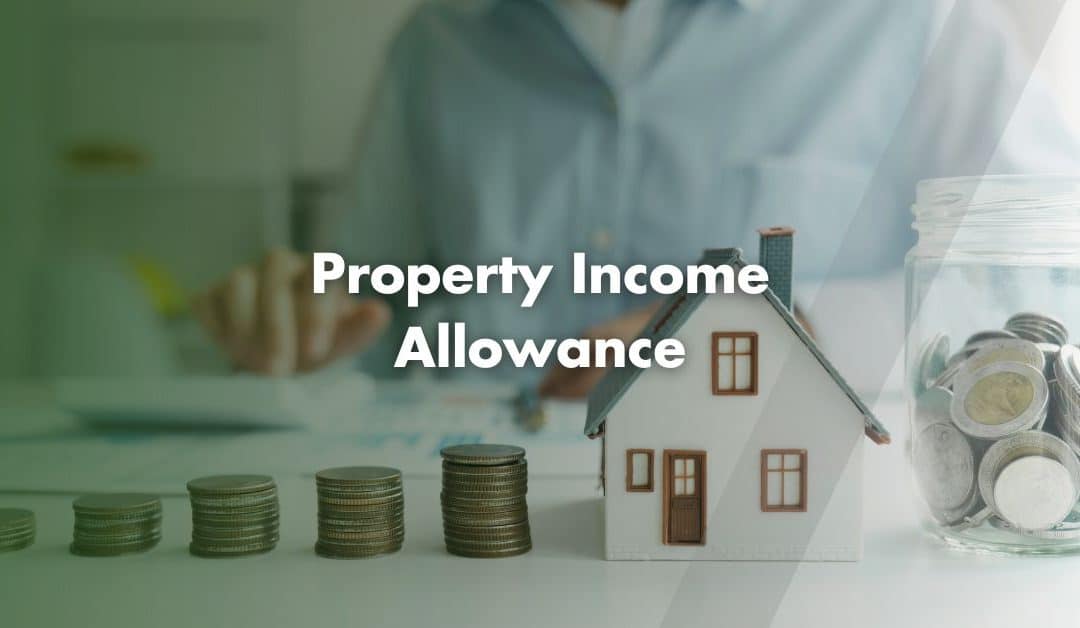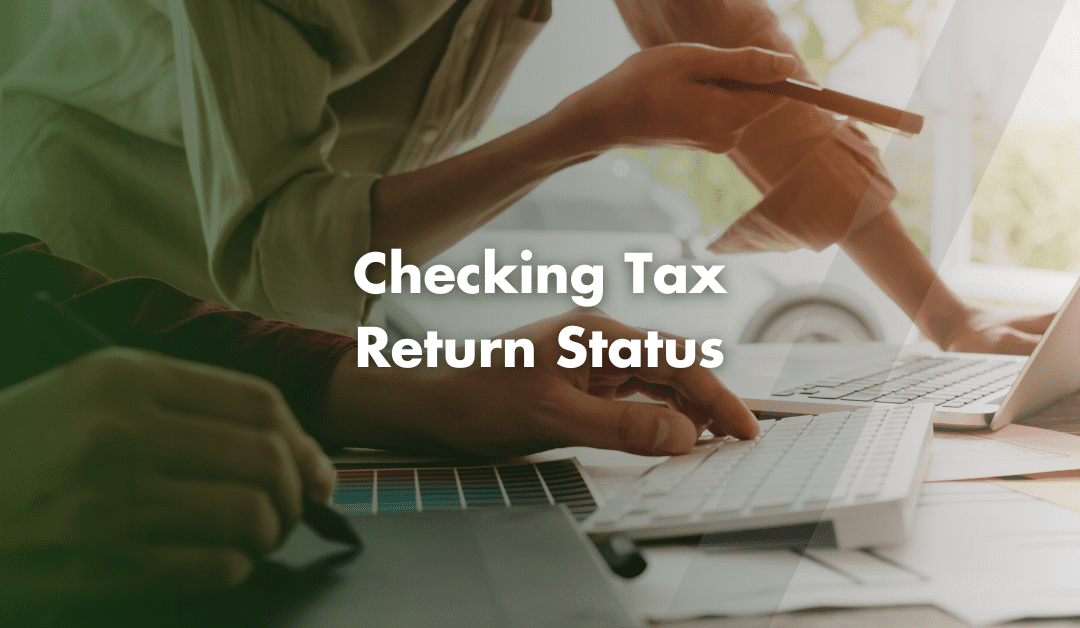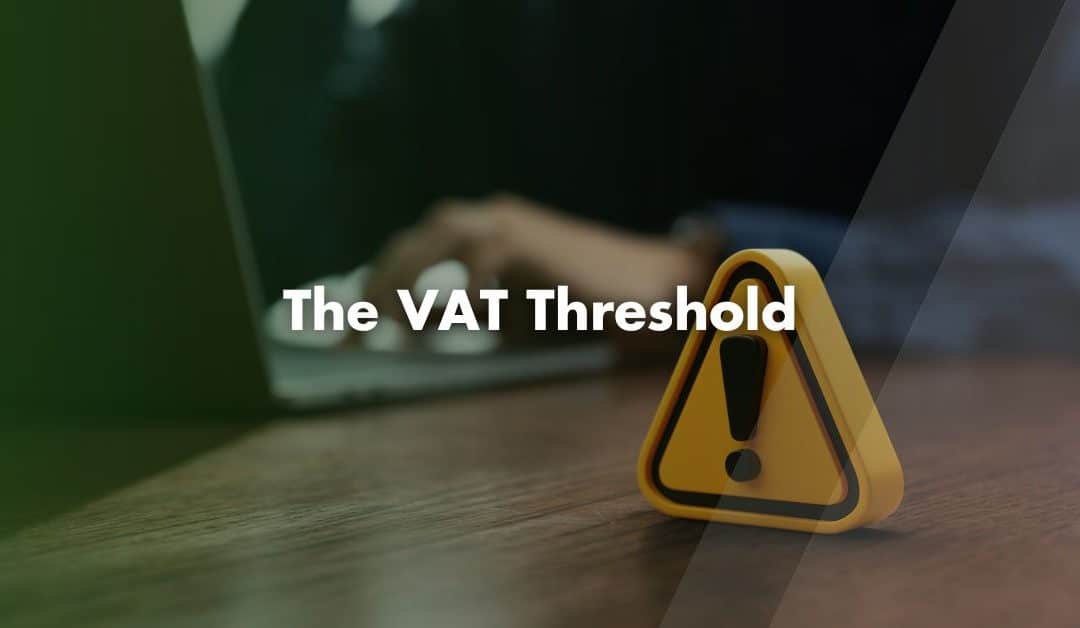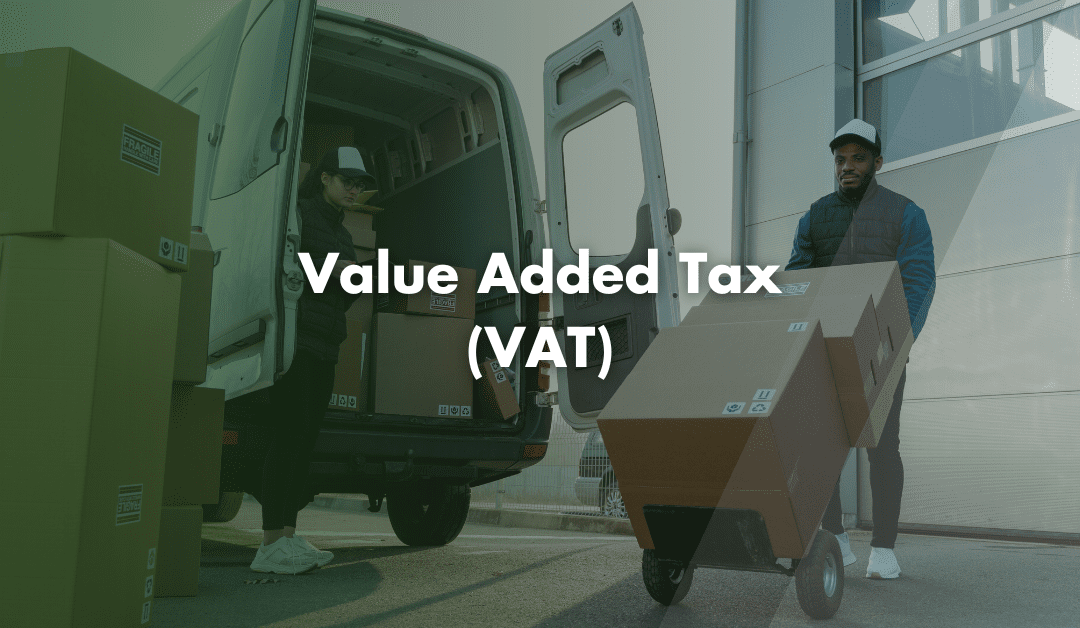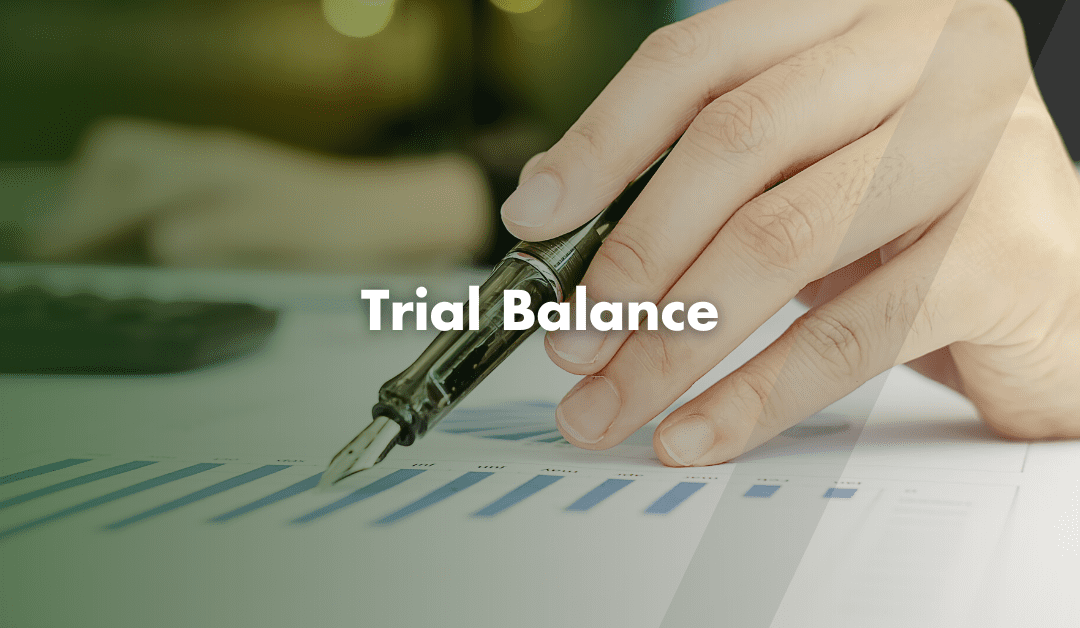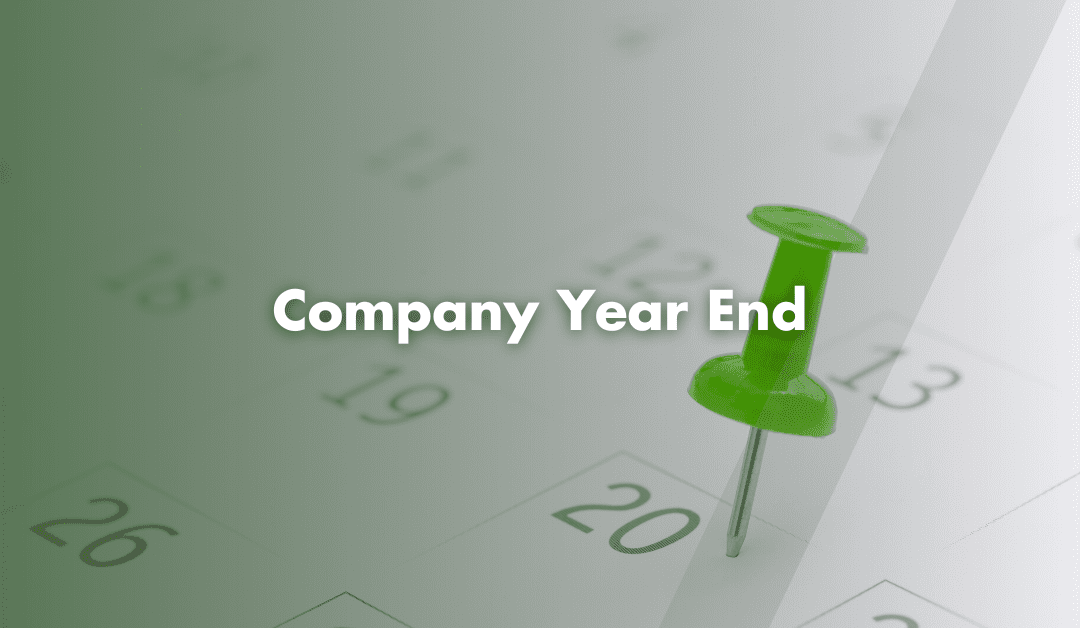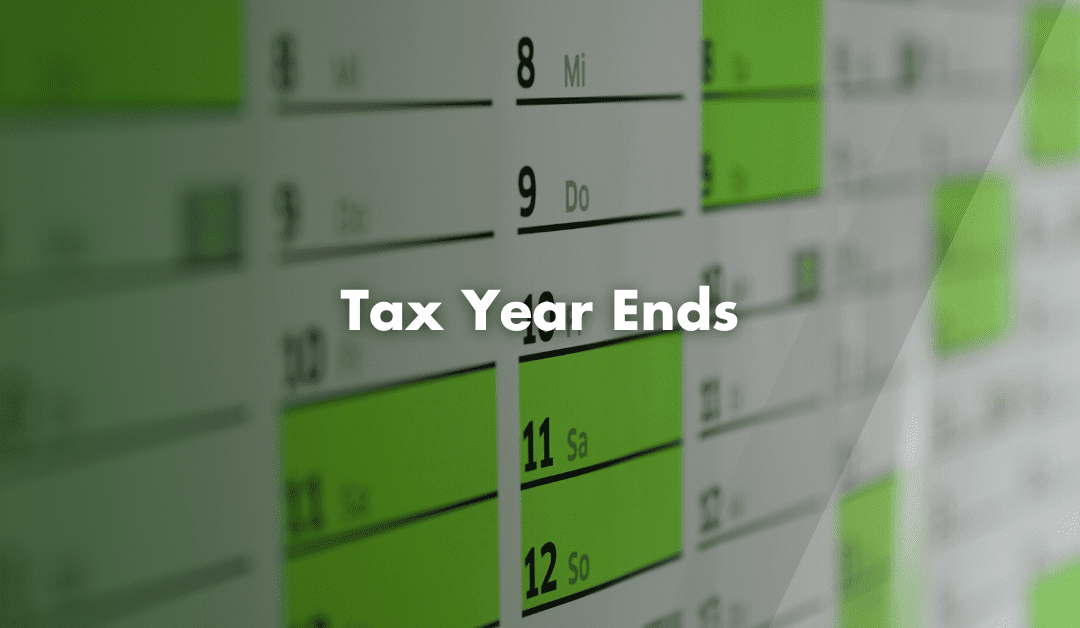
by Pi Accountancy | Sep 11, 2025 | Companies House, Frequently Asked Questions
A Dormant Company is a limited company that is officially registered with Companies House but is not currently carrying out any business activity or receiving income. Simply, the company is not trading and receiving absolutely no income. That means it is not: Selling...

by Pi Accountancy | Aug 20, 2025 | Frequently Asked Questions, VAT
If you are VAT-registered in the UK, you must submit a VAT Return every quarter. This rule applies whether or not your business has traded during that period. When you have no VAT to report, you must file a “Nil Return”, also known as a Zero VAT Return....

by Pi Accountancy | Aug 19, 2025 | Companies House, Frequently Asked Questions
A Confirmation Statement is an annual report that directors submit to Companies House. It confirms details about your business, such as: Registered office address Details of directors and shareholders Standard Industrial Classification (SIC) codes to describe business...

by Pi Accountancy | Jul 22, 2025 | Frequently Asked Questions, Taxes
Incorporation Relief is a valuable tax break that allows business owners to delay paying Capital Gains Tax when they transfer their business into a limited company. Rather than facing an immediate tax bill on the capital gain made at the time of transfer, the tax...

by Pi Accountancy | May 1, 2025 | Frequently Asked Questions
Benefits In Kind (BIKs) are any perks or services an employer provides to an employee or director that they do not include in their regular salary. The employer provides these extras to enhance the employee experience or make their job easier. Although employers do...

by Pi Accountancy | Apr 10, 2025 | Frequently Asked Questions, MTD
Making Tax Digital (MTD) is a government initiative to modernise the tax system by encouraging businesses, landlords and individuals to keep digital records and submit tax information using compatible software. The goal is to simplify tax compliance and ensure tax is...

by Pi Accountancy | Mar 18, 2025 | Frequently Asked Questions
Marginal Relief is a tax relief scheme that helps companies reduce their Corporation Tax bill if their profits fall between certain thresholds. Since 1st April 2023, the UK Corporation tax System has introduced a gradual increase in tax rates for businesses with...

by Pi Accountancy | Mar 12, 2025 | Frequently Asked Questions
Gambling is popular in the UK, and like many other industries, it is subject to taxation. Whether you run a casino, offer online betting or operate a bingo hall, you need to understand Gambling Duty as to avoid penalties. What is Gambling Duty? Gambling Duty is a...

by Pi Accountancy | Feb 19, 2025 | Frequently Asked Questions
Companies prepare Statutory Accounts as official financial reports at the end of every financial year. These accounts are mandatory under UK law and follow specific accounting standards. They offer shareholders, investors and other stakeholders a complete view of a...

by Pi Accountancy | Feb 18, 2025 | Advisory and Resources, Director, Frequently Asked Questions
A limited company owns its money. So, when a director takes cash for personal use, the company must record it properly. A Director’s Loan Account (DLA) tracks money that moves between the director and the company outside normal pay. What is a Director’s...

by Pi Accountancy | Feb 13, 2025 | Allowances, Frequently Asked Questions, Property Landlords
HMRC introduced the Property Income Allowance as a tax exemption, which allows individuals to earn up to £1,000 per year from property-related income without paying tax or reporting it to HMRC. This applies to income from: Renting out a driveway or parking space...

by Pi Accountancy | Feb 12, 2025 | Allowances, Frequently Asked Questions, Self-Employed
HMRC introduced the Trading Income Allowance as a tax exemption, which allows individuals to earn up to £1,000 per year from self-employment or casual trading income without paying tax or reporting it to HMRC. This applies to income from: Selling goods online (Etsy,...

by Pi Accountancy | Feb 5, 2025 | Frequently Asked Questions
Professional Clearance is the process of getting approval from a professional body or regulatory organisation to make sure all works follows the law, regulations and ethical standards. This process is especially relevant when an accountant or firm takes over from a...

by Pi Accountancy | Feb 4, 2025 | Advisory and Resources, Business, Frequently Asked Questions, Taxes
If you run a business, the “Wholly and Exclusively” rule determines whether you can deduct an expense from your taxable profits. To qualify for tax relief, you must incur the expense Wholly and Exclusively for the purposes of your trade. In practical...

by Pi Accountancy | Jan 15, 2025 | Frequently Asked Questions
Tax season can be one of the most stressful times for sole traders. With so many obligations and deadlines to manage, it’s easy to feel overwhelmed. A common concern is whether HMRC has processed your tax return. However, by using HMRC’s online services, the...

by Pi Accountancy | Dec 19, 2024 | Frequently Asked Questions
What is the DWP Christmas Bonus? The DWP provides a one-off £10 Christmas Bonus each December to qualifying individuals. Since it’s introduction in 1972, this payment has aimed to support those on certain benefits with the financial strain of the festive period....

by Pi Accountancy | Nov 7, 2024 | Frequently Asked Questions, VAT
The VAT threshold is the maximum amount of VAT-taxable turnover your business can earn in any rolling 12-month period before you are legally required to register for VAT. As of 1st April 2024, the threshold is £90,000. HMRC has confirmed this figure will remain...

by Pi Accountancy | Nov 5, 2024 | Frequently Asked Questions
VAT, or Value Added Tax, is a consumption tax that businesses charge on most goods and services. Businesses collect the tax on behalf of the government by adding it to the price of their products and services. Customers pay this tax and businesses pass it onto HMRC....

by Pi Accountancy | Oct 29, 2024 | Frequently Asked Questions
What is Deferred Income? A business generates deferred income, sometimes called “unearned income”, when it receives payment in advance for something it has not yet delivered. Officials consider the income “deferred” because the business has not...

by Pi Accountancy | Oct 23, 2024 | Frequently Asked Questions
What is a Trial Balance? A Trial Balance summarises all the debit and credit balances in a company’s accounting system. Typically prepared at the end of an accounting period, such as a month or a year, it is a key step in the accounting cycle. This process helps to...

by Pi Accountancy | Oct 22, 2024 | Frequently Asked Questions
What is Bank Reconciliation? Bank Reconciliation is the process of comparing the transactions recorded in your business’ financial records with the transactions listed on your bank statement. The aim is to ensure that the balances match, and if they don’t,...

by Pi Accountancy | Oct 17, 2024 | Frequently Asked Questions
What is a Company Year End? Your Company Year End depends on your business and typically aligns with the date you registered your company with Companies House. It’s different from the tax year, which runs from 6th April to 5th April. Your Company Year End typically...

by Pi Accountancy | Oct 16, 2024 | Advisory and Resources, Frequently Asked Questions, Taxes
A financial year end marks the conclusion of a 12-month period used by businesses to track, report and assess their financial activity. It is the point at which businesses stop recording income and expenses for the year and begin preparing their financial statements....

by Pi Accountancy | Oct 15, 2024 | Frequently Asked Questions
What is a Tax Year End? The UK Tax Year runs from 6th April until the 5th April of the following year. HMRC uses this timeframe to calculate your liabilities for the year, whether it’s Income Tax, Corporation Tax or Capital Gains Tax. For example: The tax year...


